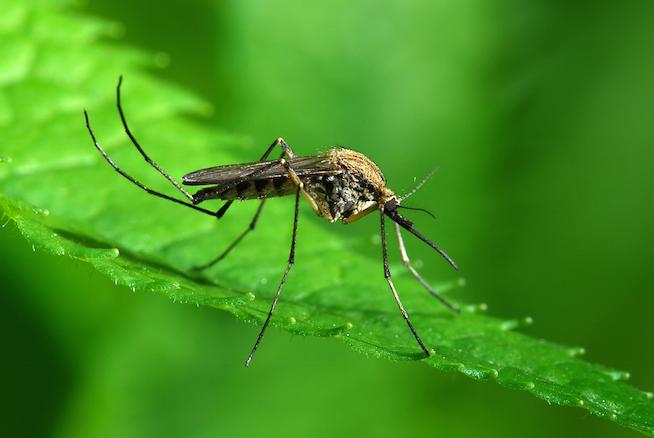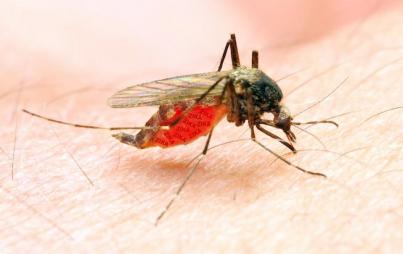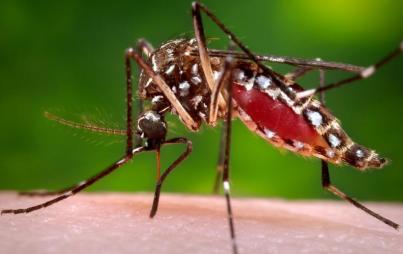
Zika virus is not going anywhere.
The mosquito-borne virus, while relatively harmless to adults, has been proven to contribute to terrible birth anomalies, including microcephaly, a condition in which a fetus’s brain does not develop properly. There has been a dramatic rise in cases of microcephaly in areas where Zika is pervasive, including much of South America and into Mexico. There is no vaccine against the virus.
Health experts are frantically looking at Zika to try and understand how it functions in the body and how to mitigate the risks of contracting it, especially among people who might become pregnant. Some nations have suggested that people put off pregnancy for up to two years — until they feel Zika is under control in their region.
One of the things scientists are looking at is how long the virus lingers in the body after a person contracts it and whether it is sexually transmitted. So far, the answers are unclear, but the World Health Organization is continuing to issue new guidance regarding safe sex and Zika.
ABC News is reporting that the WHO is advising:
- Couples should use barrier contraception or abstain from sexual contact for at least eight weeks after returning from an Zika-affected area.
- Men who have symptoms of the Zika virus should abstain from sex or use barrier contraception for six months over concerns that the virus could persist in semen.
- Women who have symptoms of the Zika virus should use a barrier method or abstain from sex for eight weeks.
- People who want to conceive should wait six months if they have had any symptoms of the Zika virus. Symptoms can include fever, pink eyes or rash.
This is serious stuff, folks. Please pay attention. If international travel is on your calendar this summer (or if Zika makes its way north to the US), take care. Do what you can to avoid getting infected and do what you can to prevent pregnancy if there’s a chance you were.






